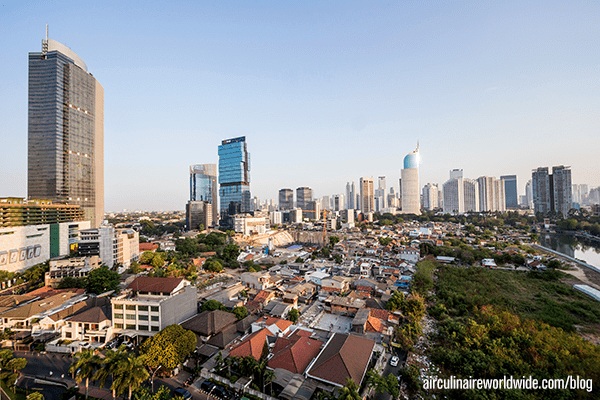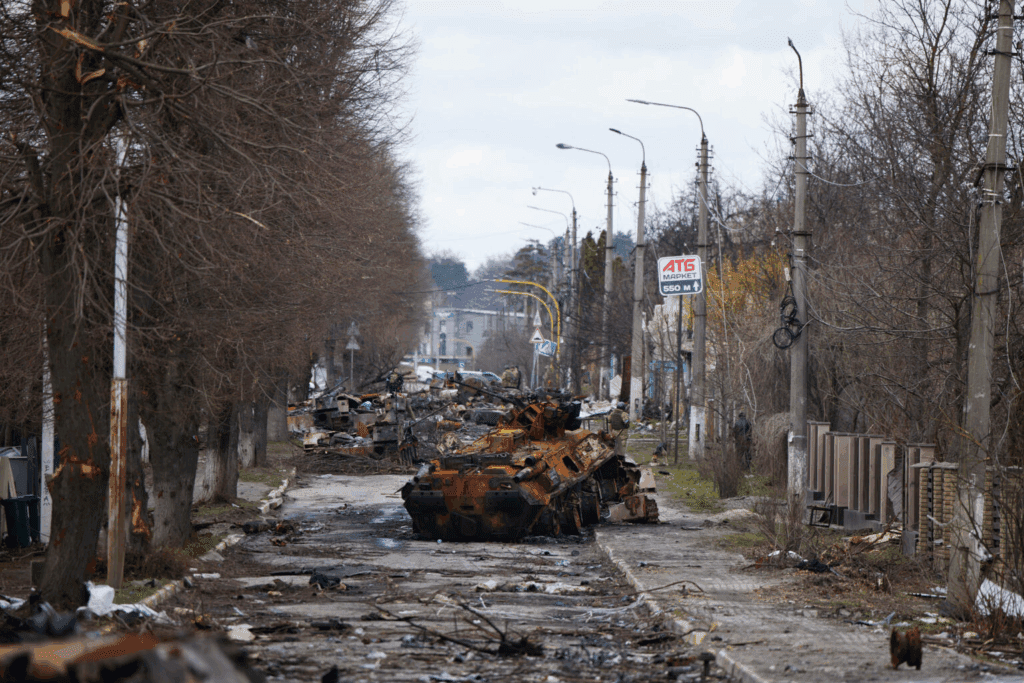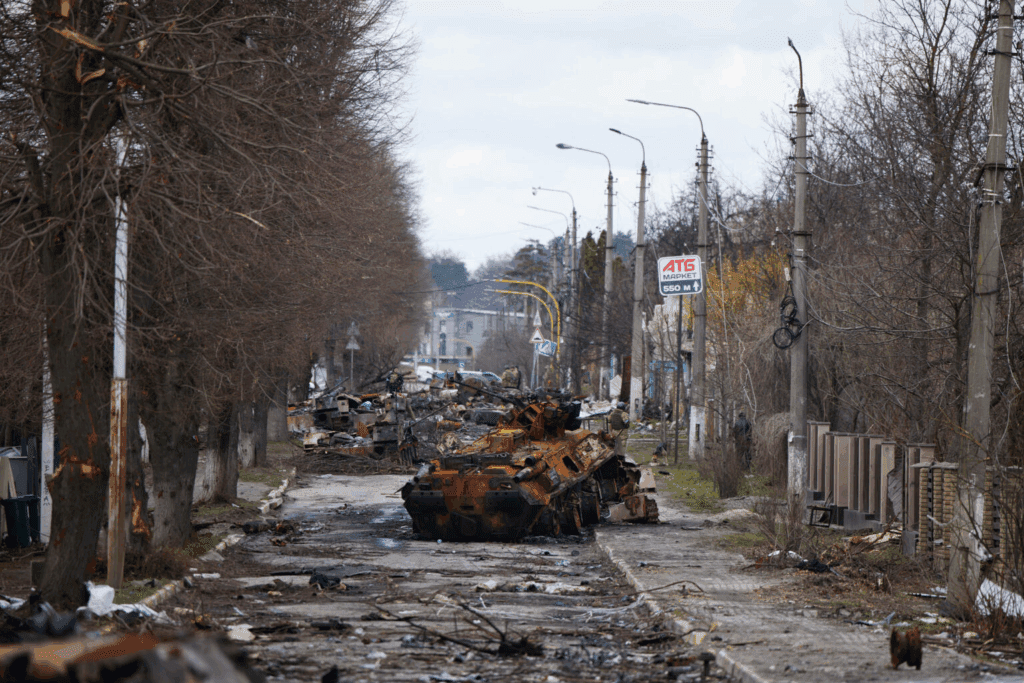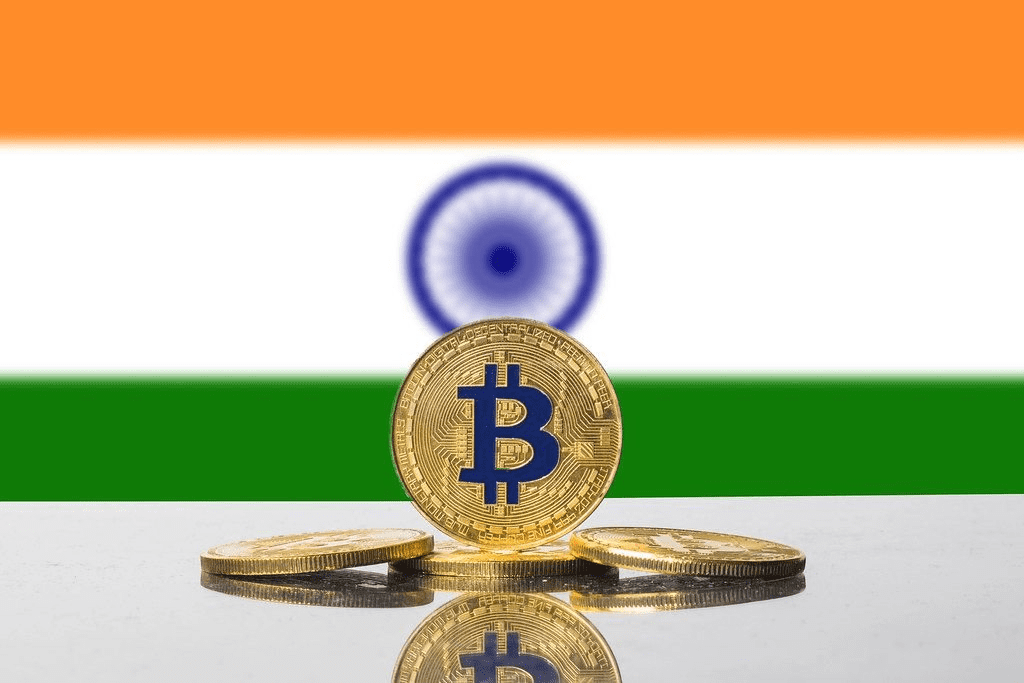This article will look at Some Developing Countries That Use Crypto and the economic impacts of crypto currencies. Crypto protects savings from inflation and allows cheaper remittances.
We will explore the reasons countries like Nigeria, Vietnam, and Venezuela are using crypto currencies as financial innovations.
Key Points & Top Developing Countries That Rely on Crypto in 2025
| Country | Key Points on Crypto Adoption |
|---|---|
| Nigeria | High crypto adoption due to limited banking, currency instability, inflation hedge, P2P trading, and remittances. |
| Vietnam | Strong retail investor base, unbanked population, wealth preservation, remittances, blockchain development, gaming adoption. |
| Philippines | Crypto used for remittances, play-to-earn gaming income, financial inclusion, mobile wallet reliance, government openness. |
| Indonesia | Young tech-savvy population, unbanked citizens, rupiah volatility, crypto as investment and payment tool, government regulation. |
| Ukraine | High adoption due to economic instability and war, crypto for savings, donations, government regulation, tech innovation. |
| Brazil | Adoption driven by economic volatility, inflation protection, stablecoin use, remittances, fintech ecosystem, government regulation. |
| Turkey | Lira depreciation and high inflation drive crypto use for savings, trading, capital control circumvention, mainstream payments. |
| Venezuela | Hyperinflation and bolívar collapse lead to crypto as survival tool, P2P trading, remittances, limited trust in government crypto. |
| Thailand | Young population trading crypto, alternative income, tourism payments, NFTs, play-to-earn, regulated market with digital economy integration. |
| India | Fast-growing market, youth-driven adoption, inflation hedge, remittances, trading, fintech ecosystem, high taxes, and regulatory uncertainty. |
Explanation
1. Nigeria
Nigeria is one of the world’s leaders when it comes to crypto adoption. This is due to the limited access to traditional banking services, high inflation, and unstable currency.
With the Nigerian Naira consistently being devalued, many Nigerians have turned to crypto to store value and hedge inflation. The country has a large, digitally-savvy, and youthful population that enhances P2P trading.

Crypto is also widely adopted to send remittances, and Nigerians send money from abroad at a cheaper rate using crypto.
Despite enforcement crackdowns, Nigeria is still one of the most active users of Bitcoin and stablecoins.
2. Vietnam
Vietnam is recognized for having one of the largest crypto markets globally. It is also one of the countries with the largest number of retail investors in crypto. Unbanked Vietnamese citizens have also embraced crypto for investments, trading, and remittances.
Digital currency and assets have become more popular with the unbanked and restricted bank access.
Along with Vietnam’s unregulated and restricted banking system, foreign investments, and unstable banking systems, the adoption of crypto in Vietnam certainly is sensible.

Digital assets with unregulated use are also used for mainstream financial and economic activities with little restrictions in Vietnam.
With wealth preservation, border payments, and wealth accumulation, crypto is favorable. The use of crypto for financial access is evident with Vietnam’s rapidly growing bank-less population.
3. Philippines
The most notable crypto adoption use case in the Philippines scans during the Covid-19 pandemic in the form bills Axie Infinity.
Along with high overseas and remittance dependence, the Philippines also has one of the largest populations relying on a bank account in the world.
Additionally, many Filipinos also have mobile access. The unbanked population of the Philippines compares with the growing use of mobile phone access with the growing population. The cashback features of crypto wallets substitute the account features of traditional banking.

The Philippines has also become a go-to destination for overseas workers to the low banking system. With the unbanked population, cell phone access, and growing crypto access, financial systems and banks have started to lose their control in the system.
The government also supports crypto vending. As such, the use of mobile crypto wallets becomes a growing substitute.
With the growing population in the Philippines, mobile access, and the growing remittance dependence, the use of crypto wallets become a prevalent feature.
4. Indonesia
Indonesia is seeing rapid shifts in crypto adoption, led by a young, technology-oriented population, and the need for alternative investments.
Many people in Indonesia remain unbanked, so cryptocurrencies become accessible financial instruments.
The rapid fluctuations in the Indonesian rupiah also drive people towards Bitcoin and stablecoins to protect their wealth.

Cryptocurrencies also facilitate the growing digital economy in Indonesia. eCommerce. The government recognizes crypto as a tradable commodity and crypto investors are confident, albeit there are limited legal provisions to crypto.
The Islamic faith discourse regarding religion and crypto has widely adopted Indonesia. Consequently, Indonesia positioned itself as one of the most active crypto engagement countries in Southeast Asia.
5. Ukraine
Due to the political challenges, economic instability, and a war, Ukraine has one of the highest crypto adoption rates in the world. For citizens, crypto provides a way to store their savings without the volatility associated with the banking system, especially with inflation.
During the Russia-Ukraine conflict there was a large amount of crypto raised, particularly Bitcoin, Ethereum, and stablecoins, to support humanitarian and military actions.

These actions helped the country to receive crypto donations from around the world. In Ukraine digital assets have been legalized and they even passed legislation to regulate the digital asset industry.
The country has a large digital talent pool and a digital innovation culture which in turn allows crypto to be a financial lifeline as well as a way to stimulate the economy.—
6. Brazil
Brazil’s crypto adoption is leading the region, with the use of crypto for investments, remittances, and hedge against inflation. Economic instability and changing interest rates have caused many Brazilians to turn to crypto.
Crypto exchanges have become common, and the government has sought to regulate and legitimize the industry. Brazilians use crypto USD stablecoins for savings and cross-borders transactions.

Blockchain and fintech startups are on the rise, backed by the country’s large and innovative tech industry.
With millions of unbanked Brazilians and the high ownership of smartphones, crypto can promote financial inclusion and provide alternate methods of storing wealth in the region’s largest economy.
7. Turkey
Turkey is has one of the fastest growing crypto markets in the world. With the staggering inflation and the rapid depreciation of the Turkish Lira, many citizens have turned to Bitcoin and Ethereum, more recently to the stablecoin USDT, as a means of preserving their savings.

With cryptocurrencies as means of avoiding rigid capital controls and other investments, Turkey’s young population has turned to daily trading of digital assets, making Istanbul a center for crypto trading.
While there is a lack of clarity and regulation supported by the government, many businesses now accept crypto for payments. For Turkish citizens, crypto is a hedge and a financial tool for daily use.
8. Venezuela
Venezuela stands out as one of the countries that most rely on cryptocurrency due to hyperinflation and the collapse of the national currency, the bolívar.
People turn to Bitcoin and stablecoins for value retention and for their day-to-day transactional needs. Cryptocurrencies help access reliable out-of-the-country payments.
The government made an attempt to launch the Petro as a state controlled digital currency but the asset failed to gain popular trust.

Meanwhile grassroots adoption on the blockchain has made P2P crypto networks the most popular. For people in Venezuela, during one of the longest economic and humanitarian crises in the world, crypto is a lifeline and not an investment.
9. Thailand
Thailand has become a crypto adoption hotspot, particularly for the young population pursuing digital investments.
The Thai people have been trading crypto and participating in blockchain projects as a alternative source of income.
Thailand has also increasingly relied on tourism, and for tourists, cryptos mean easy and hassle-free payments for international and local transactions.

As such Thailand´s government has positioned itself to encourage tourism while looking out for the residents by imposing consumer protection regulations.
Stablecoins and Bitcoin are popular for wealth storage, while NFTs and play-to-earn platforms attract the youth.
Despite regulatory uncertainties, crypto continues to be integrated into Thailand’s digital economy, providing financial alternatives for its citizens.
10. India
India is one of the fastest-growing markets for crypto currency digital assets even with some regulations that are in place.
The crypto currency markets are fueled by the need for investments in a robust economy, cross border remittances, high inflation, and limited investment opportunities.
Many people in India actively trade in local and international exchanges and use Bitcoin and other stable crypto currency as a store of value.

The strong fintech markets, use of smartphones, and a young population in India further promote the use of crypto currency.
Although the government imposes high taxes and does not provide clear regulations, the use of crypto currency in India is not stopping. India continues to engage in positive global crypto currency activities.
Why do Nigerians use crypto heavily?
Countries like Nigeria see a growing interest in cryptocurrency because of a few economic problems. When there’s high inflation, the value of local currency erodes.
This leads people to look for other ways to save. With currency instability, saving in a bank becomes a game of risk. Many people have no access to formal banking.
These people are underserved by traditional financial channels. Cryptocurrencies are a decentralized solution to sidestep these economic challenges.
They offer people a way to control their financial holdings and manage their economic future. Crypto also facilitates cheaper and faster remittance services. Family members living abroad can send money home crypto without high fees.
Conclsuion
To sum up, cryptos are widely used in many developing economies and solve problems like high inflation, unstable currencies, poor banking services and high remittance costs.
Digital currencies are used for savings, payments, and financial inclusion in countries like Nigeria, Vietnam, and Venezuela.
Crypto empowers people and drives innovation, even when there are regulatory hurdles. Crypto also provides diverse financial options, and this technology is shifting the way we handle money in developing economies.
FAQ
Countries like Nigeria, Vietnam, Philippines, Indonesia, Ukraine, Brazil, Turkey, Venezuela, Thailand, and India have high crypto adoption.
It enables affordable remittances, alternative income through play-to-earn games, and financial inclusion.
It serves as a survival tool against hyperinflation, currency collapse, and for P2P trading.
Crypto protects savings from inflation, facilitates remittances, and supports fintech innovation.
High inflation and lira depreciation encourage crypto trading, savings, and stablecoin use.












